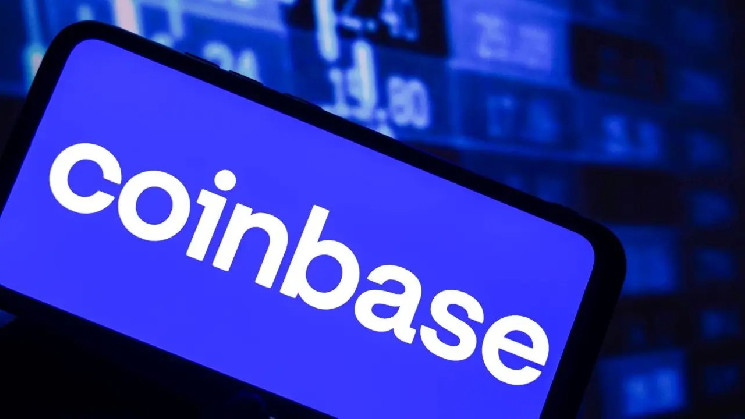American cryptocurrency exchange and publicly-listed company Coinbase has obtained a full license from Singapore to legally offer its services in the region.
After almost one year of wielding in-principle approval from the Monetary Authority of Singapore (MAS), the region’s apex bank finally granted Coinbase a Major Payment Institution (MPI) license.
With the MPI license, the crypto company can now provide a range of Digital Payment Token services in Singapore.
Coinbase Bags Licenses Beyond U.S.
Hassan Ahmed, the country director of Coinbase Singapore acknowledged that the license enshrines the firm’s commitment to the market and marks the end of its licensing journey. Coinbase recently officially registered as a cryptocurrency exchange and custodian wallet provider with the Bank of Spain.
The company has other licenses from Italy, Dutch, Bermuda as well as many other jurisdictions.
Coinbase in Legal Battle With U.S. Regulator
It is worth noting that the license comes at a time when the cryptocurrency exchange is seeking to expand its business outside the United States due to its dispute with regulators in the region. The U.S. Securities and Exchange Commission (SEC) filed a lawsuit against Coinbase in June, right after a similar enforcement action was levied on leading digital asset service provider Binance.
Coinbase was charged for operating as an unregistered broker and exchange operator, thereby, violating regulatory requirements. Tokens like Solana (SOL), Cardano (ADA), Polygon (MATIC), Decentraland (MANA), Collateral Network (COTL), Axie Infinity (AXS), and The Sandbox (SAND) were all listed as unregistered securities in the lawsuit.
Regulatory Clarity Push Coinbase to Other Regions
Before this time, the crypto firm had a pending lawsuit with the SEC over digital asset regulatory framework clarity. Notably, Coinbase accused the regulator of “talking out of both sides of its mouth, and is wrong at each end.” Moreover, the SEC and its Chair Gary Gensler were criticized for intentionally channeling their enforcement actions to the digital asset ecosystem in a bid to disable the industry.
Considering all these setbacks, “Our experience in Singapore in some ways contrasts what’s going on in the U.S. By providing this level of regulatory clarity and by providing clear rules that the industry has to play by, that’s really important for us as we’re thinking about our international strategy,” Amani added.
 thecoinrise.com
thecoinrise.com
